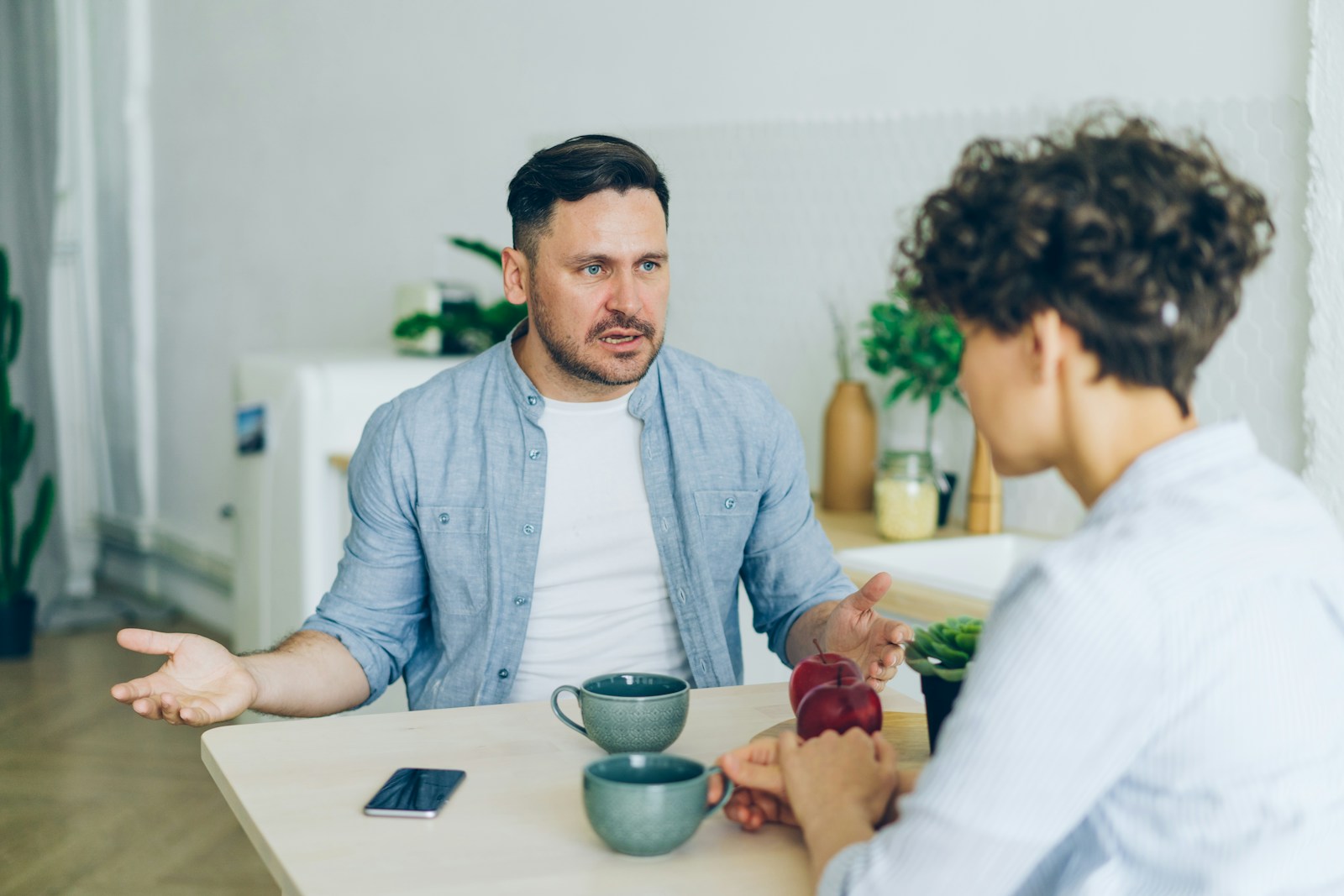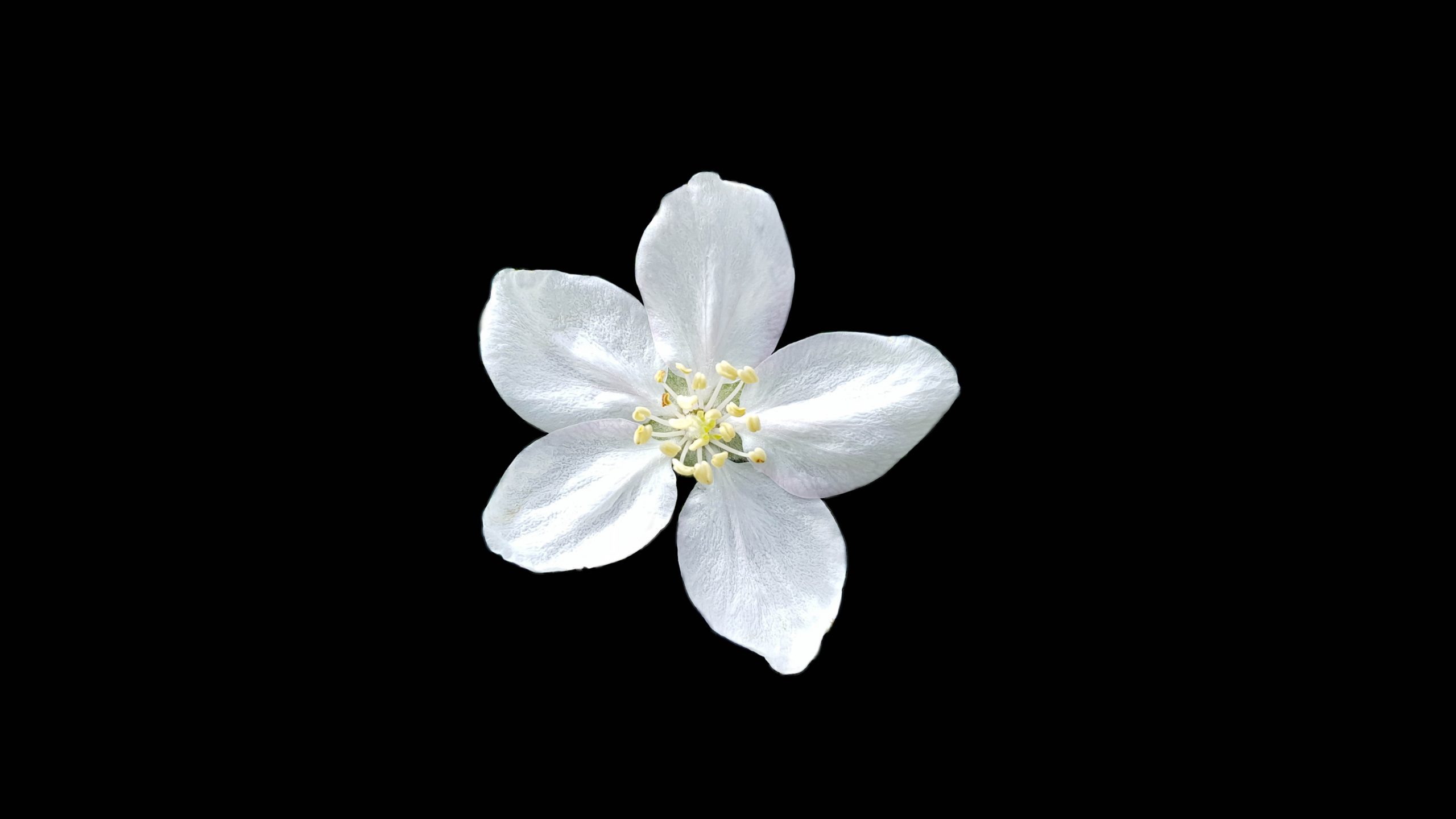Questions to Ask Your Couples Therapist: A Guide for Young South Asian Couples
Introduction
Have you ever felt like you’re speaking different languages in your relationship? You’re not alone. As young people in India navigate life’s complexities, like education pressures and family expectations, relationships can become challenging. For those of you aged 16-30, understanding how to communicate in your relationship is crucial, and that’s where couples therapy can come in handy!
Engaging with a couples therapist can help identify underlying issues, improve communication, and build a healthier relationship. So, let’s explore some of the essential questions you should consider asking your therapist to make your sessions as productive as possible.
What is Couples Therapy?
Couples therapy is a type of counseling designed to help partners improve their relationship and work through difficult issues together. Think of it as a guided journey for two, where you both can express your feelings and concerns in a safe space.
For example, let’s say you and your partner are arguing more frequently. In therapy, you can explore the reasons behind these conflicts, helping you understand each other better. Or if you feel neglected because of your partner’s busy schedule, therapy provides a platform to discuss such feelings openly.
Signs You May Need Couples Therapy
Recognizing when your relationship could benefit from therapy is essential. Here are some emotional, physical, and behavioral signs you might notice:
Emotional Signs
- Increased feelings of resentment or frustration
- Frequent misunderstandings
- One partner feeling emotionally neglected
Physical Signs
- Lack of intimacy or physical affection
- Reduced connection, like not wanting to hold hands or hug
Behavioral Signs
- Withdrawal from each other’s activities or social circles
- Frequent arguments or cold silences after disputes
Causes of Relationship Issues
Understanding the underlying causes of relationship problems can be eye-opening. Many young couples face challenges due to:
- Education Pressure: The intense focus on academic success can sap emotional energy from the relationship.
- Family Expectations: Concerns about meeting family expectations can lead to stress and miscommunication.
- Body Image Issues: Social media often distorts our perceptions of beauty and body image, which can create insecurities in relationships.
- Societal Changes: Experimenting with modern dating while grappling with traditional values can lead to confusion and tension.
Effects on Life
The impact of unresolved relationship issues can extend into all areas of life. You might notice:
- Mental Health Declines: Increased anxiety or sadness stemming from relationship troubles.
- Social Isolation: Feeling disconnected from friends or family, as conflicts may make you withdraw.
- Academic Stress: Difficulties concentrating on studies because of personal issues can hinder your academic performance.
For example, imagine trying to focus in a college lecture while worrying about a fight with your partner. It’s tough!
How to Deal With Relationship Issues
Now, let’s discuss some practical coping mechanisms:
-
Communication: Talk openly about how you’re feeling. Expressing your thoughts can prevent misunderstandings.
-
Active Listening: Let your partner speak without interruption. This shows that you value their perspective.
-
Meditation: Incorporate mindfulness or meditation into your routine to help manage stress and improve focus.
-
Journaling: Write down your feelings or daily experiences. It can provide clarity and help you process your emotions.
-
Social Support: Lean on friends or family for advice and support rather than keeping your feelings bottled up.
-
Set Boundaries: Understand your limits and communicate them to your partner to maintain a healthy relationship dynamic.
-
Engage in Shared Activities: Spend quality time together, doing what you both love, to rekindle your connection.
-
Spiritual Practices: Explore Indian traditions like yoga or meditation to cultivate mindfulness and emotional balance.
When to Seek Help
If you notice that your relationship issues are affecting your mental well-being or day-to-day life significantly, it might be time to consult a counselor or therapist. Trust your instincts—sometimes just having someone guide you can make all the difference.
Conclusion
Remember, you are not alone in this journey. Many couples experience difficulties, and seeking help is a sign of strength, not weakness. By asking the right questions in therapy and focusing on open communication, there’s hope for healing and reconnecting in your relationship. Embrace the opportunity to grow together, and know that brighter days are ahead!



